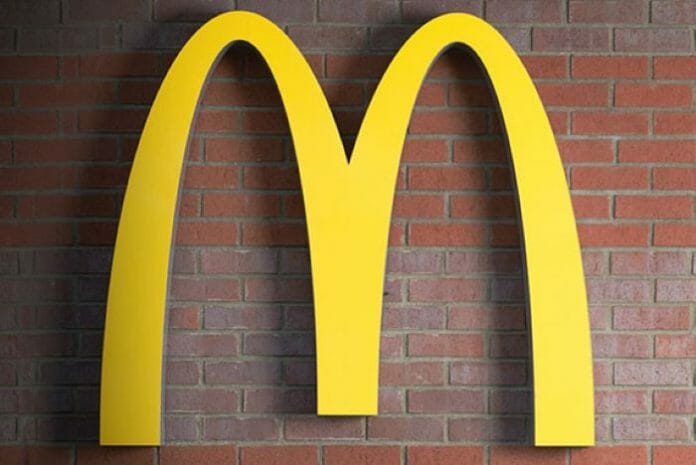McDonald’s Malaysia has claimed that a customer who complained in a social media post about the supposedly high prices of the fast-food chain’s chili sauce had actually “aggressively” demanded to pay for the items.
In a statement clarifying the details of the incident at its Taman Buaya branch, McDonald’s said that the customer had become “extremely irate and verbally aggressive” towards its staff when additional packets of chili sauce were provided upon the customer’s request.
“The customer insisted on paying for an additional 10 packets of chili sauce and urged our crew to issue a receipt for this purchase,” it said in the statement.
“Despite our crew’s attempts to clarify that chili sauce is provided free of charge, the customer angrily insisted on being charged for the 10 packets.”
Noting that it has filed a police report on the matter, McDonald’s said that it is “deeply disappointed” with the actions of the customer, who not only displayed aggression toward its staff but also posted inaccurate information about the incident on social media.
“At McDonald’s Malaysia, we hold our crew members in high regard as frontliners who consistently strive to deliver exceptional service to Malaysians at all times.
“Their welfare and well-being will always be our utmost priority,” Scoop.my cited the company saying.
It is believed that McDonald’s is referring to a social media post by an individual known as Saiful Adly Abdul Wahab, who had shared on Facebook his disbelief over being charged RM10.60 for 10 packets of McDonald’s chili sauce.
In the post, which can still be viewed as of press time, Saiful criticised the fast-food chain for charging customers exorbitant prices at a time when the prices of goods are rising.
His post had then incited a debate on social media, with some netizens defending McDonald’s for charging extra sauce packets amid increasing global prices.
On the other hand, some quarters argued that it is unfair to charge customers for items that were previously known to be provided for free.










